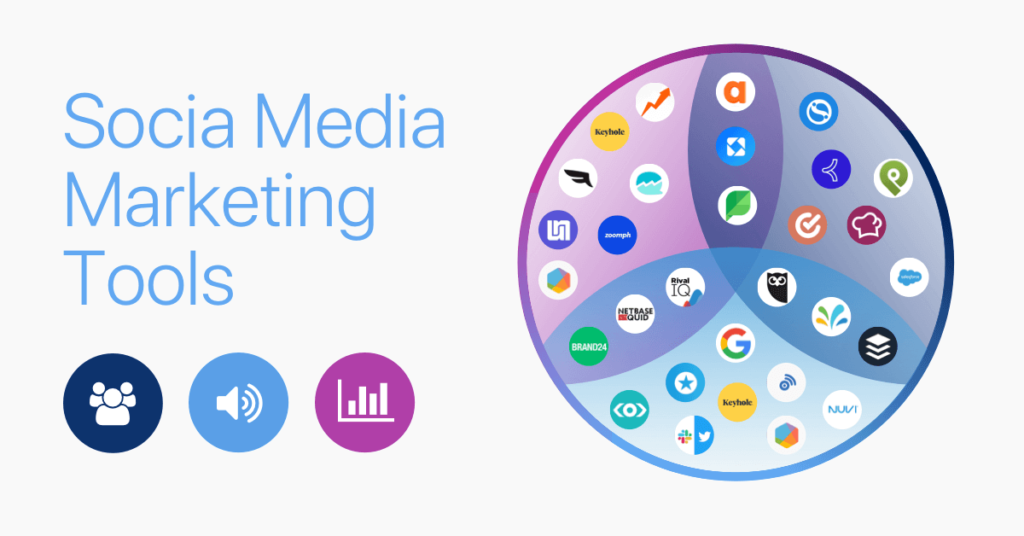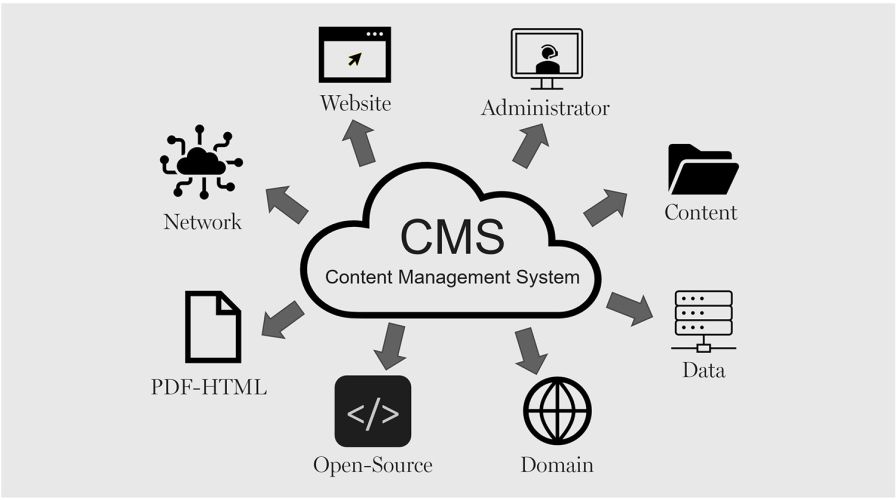In today’s digitally driven world, a strong social media presence is crucial for any software company. It’s a powerful platform to connect with potential customers, showcase your products, establish brand authority, and ultimately drive sales. This comprehensive guide explores essential social media marketing strategies specifically designed to empower software companies to leverage the immense potential of social media.
Unleashing the Power of Social Media for Software Companies
Whether you’re a B2C (business-to-consumer) or B2B (business-to-business) software company, social media offers a unique opportunity to engage your target audience. Here are compelling statistics to emphasize the importance of social media for software companies:
- Social media user base: There are over 4.62 billion social media users worldwide in 2024 (https://wearesocial.com/us/blog/2024/01/digital-2024/) – a massive potential customer base for software companies.
- Increased brand awareness: Social media allows software companies to build brand awareness through targeted campaigns and organic content. Studies by Social Media Examiner show that consistent social media engagement can increase brand awareness by up to 80% (https://www.socialmediaexaminer.com/social-media-marketing-industry-report-2023/).
- Enhanced lead generation: Social media platforms provide valuable tools for lead generation. Companies can leverage social media lead magnets like ebooks, webinars, and free trials to capture user information and nurture leads into paying customers.
Crafting a Winning Social Media Strategy for Software Companies

A well-crafted social media strategy is essential for building a strong online presence, engaging your audience, and achieving your marketing goals. It involves planning and executing content, monitoring interactions, analyzing performance, and continually optimizing for better results.
Now that we’ve established the importance of social media for software companies, let’s dive into the key strategies to craft a winning social media strategy:
- Target the Right Platforms: Not all social media platforms are created equal. Identifying the platforms where your target audience spends their time is crucial. Here’s a breakdown of popular platforms for software companies:
- LinkedIn: Ideal for B2B software companies to connect with industry professionals and decision-makers.
- Twitter: Excellent for short-form updates, industry news, and customer service interactions.
- Facebook: A broad platform suitable for B2C and B2B companies. It allows for diverse content formats like videos, images, and live streams.
- YouTube: A powerful platform for software companies to showcase product demos, tutorials, and explainer videos.
- Create Compelling Content: Social media thrives on engaging content. Here are some content ideas for software companies:
- Informative blog posts: Share valuable insights and thought leadership content related to your software’s industry. Link out to your high-performing blog posts on your social media channels to drive traffic back to your website.
- Engaging product demos: Showcase your software’s features and benefits through clear and concise videos. Utilize platforms like YouTube to host your product demo videos.
- Customer testimonials: Leverage positive customer experiences to build trust and credibility. Encourage satisfied customers to leave reviews on platforms like Google My Business or Capterra. You can then share snippets of these positive reviews on your social media channels.
- Interactive polls and contests: Encourage user participation and gather valuable audience insights. Platforms like Facebook and Twitter offer built-in features for creating interactive polls and contests.
- Optimize for Mobile Consumption: With a significant portion of social media access happening on mobile devices, ensure your content is optimized for mobile viewing. This includes using responsive design for your social media profiles and landing pages, keeping text concise, and using high-quality visuals that load quickly on mobile devices.
- Leverage Paid Advertising: Social media platforms offer paid advertising options that allow you to target specific demographics and interests, maximizing your reach and engagement. Platforms like Facebook Ads and LinkedIn Ads provide advanced targeting capabilities to ensure your ads reach the right audience.
- Maintain Consistent Engagement: Regularly post content, respond to comments and messages promptly, and actively participate in relevant conversations to build a strong online community. Social media management tools like Hootsuite or Buffer can help you schedule posts in advance and monitor your social media activity across different platforms.
- Analyze and Refine: Track your social media performance using analytics tools. Analyze key metrics like engagement, reach, and click-through rates to identify what’s working and what needs improvement.
Conclusion
By implementing these social media marketing strategies, software companies can unlock the immense potential of social media to achieve their business goals. Remember, social media is a marathon, not a sprint. Consistent effort, valuable content, and ongoing engagement are key to establishing a strong social media presence and reaping the long-term benefits for your software company.





